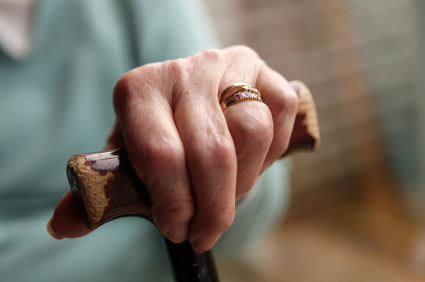Dear Liz: I try to watch out for my neighbors, a married couple in their early 90s. Two of their three sons, who are both in their 60s, want them to get a reverse mortgage. The couple’s house is paid off as well as their cars. They pay all their monthly bills with Social Security and his pension. They have a living trust as well. Neither I nor the couple see any reason or upside but the sons are pressuring. Any input?
Answer: A reverse mortgage is typically a last-resort option for elderly people who are strapped for cash and who have few options for generating income other than tapping their home equity. The couple you’re describing does not seem to fit that profile.
The sons, however, may fit the profile of greedy relatives who can’t wait for their inheritances and who are trying to get their mitts on some money early (possibly squeezing out the third brother).
That assessment may be too harsh, but you might encourage the couple to talk to the attorney who drew up their living trust about this. If that attorney isn’t experienced in helping the elderly protect themselves, a field known as elder law, you could help them find someone who is by getting referrals from the National Academy of Elder Law Attorneys, http://www.naela.org. If the two sons have any role in handling their parents’ money should the parents become incapacitated, it might be prudent to replace them or at least name another trusted party to serve with them.
Your neighbors also should consider letting the third son know what his brothers have been trying to do. In some families, the best defense against greed is an ethical relative who can keep his eye on the rest.
